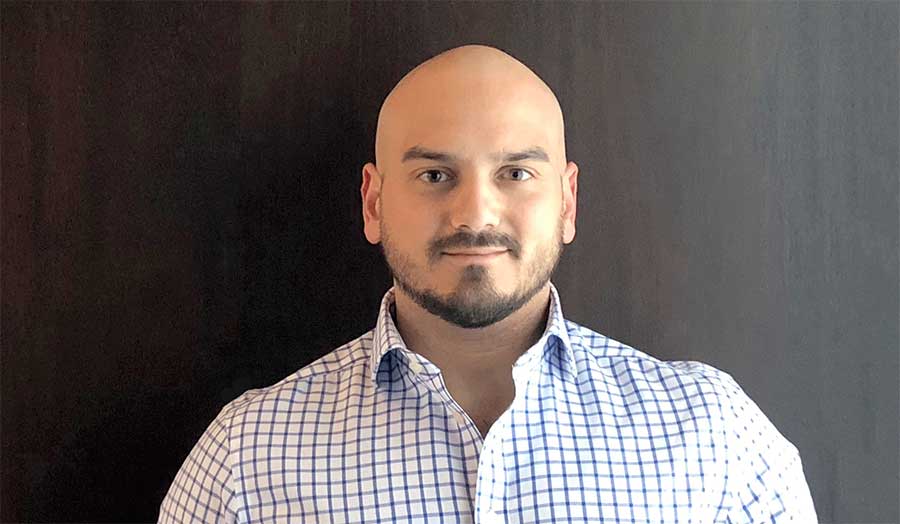Dr Ozturk has been awarded a Marie Skłodowska-Curie research fellowship for his project, DIASPORALANDS.
Date: 15 September 2020
Dr A Erdi Ozturk, lecturer in International Relations and Politics, has been awarded a Marie Skłodowska-Curie research fellowship.
The fellowship is part of an initiative from the European Commission and will fund a two-year research project, running from 2021-23. Dr Ozturk’s project, DIASPORALANDS, will investigate the changes and continuities in Turkey’s diasporic landscapes during the last decade, which coincides with the democratic decline and regime change in Turkey.
By using Turkey’s diaspora communities in the United Kingdom and in Germany as case studies, it will investigate how the authoritarian drift in the homeland affects diaspora spaces and how host countries respond to authoritarian states’ engagement with their diasporas in their territory. It proposes a novel methodology which combines bottom-up voices with top-down narratives in order to present a comprehensive picture of the triadic relationship between Turkey, its diasporas and the host countries.
He said: “Following the period of illiberalisation in Turkey and particularly after the coup d’etat attempt in July 2016, many people - the public figures and political commentators alike - began to suspect that the gloomy political atmosphere will have direct effects on the diasporas of Turkey. I was one of those people. Using Turkey as a case study, I will be aiming to demonstrate that diaspora governance can take both positive and negative forms, enabling the state to create transnational state apparatuses that can be ideological and repressive, depending on the context.
“My project not only focuses on elite-level political processes but also investigates the impact of domestic transformations and their transnational impact on everyday lives of diasporans in Europe. Therefore the project will reveal visible and invisible impacts on diasporic landscapes.
“I am delighted to have been awarded the Marie Skłodowska-Curie research fellowship and to have the support of the European Commission to advance my research in this area.”
The Marie Skłodowska-Curie actions support researchers at all stages of their careers, regardless of age and nationality. They also support cooperation between industry and academia and innovative training to enhance employability and career development.

